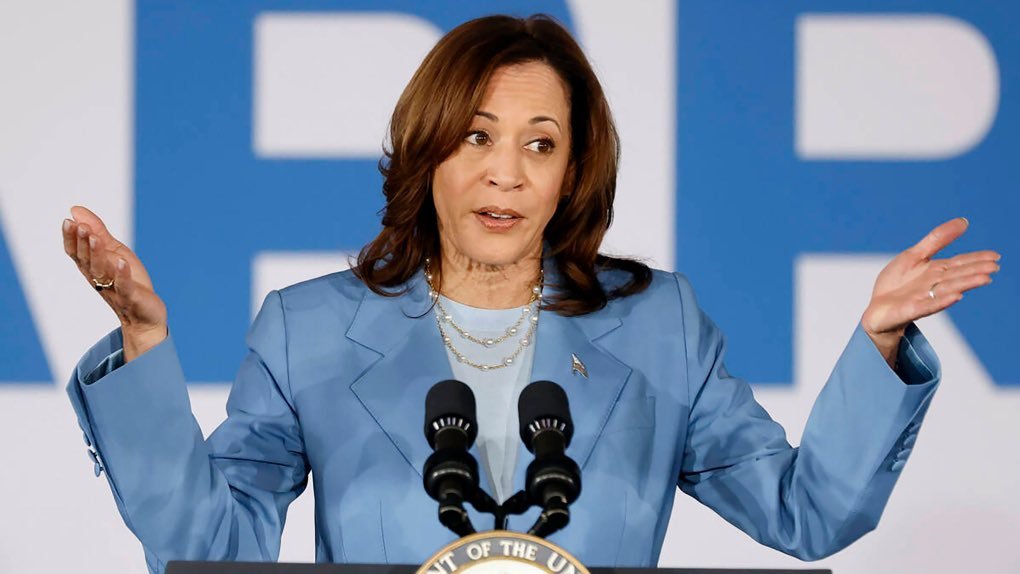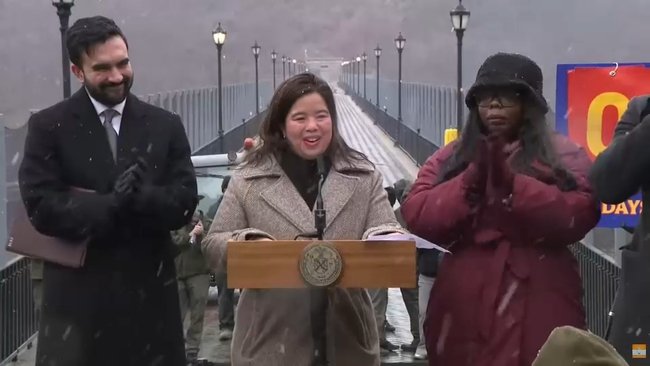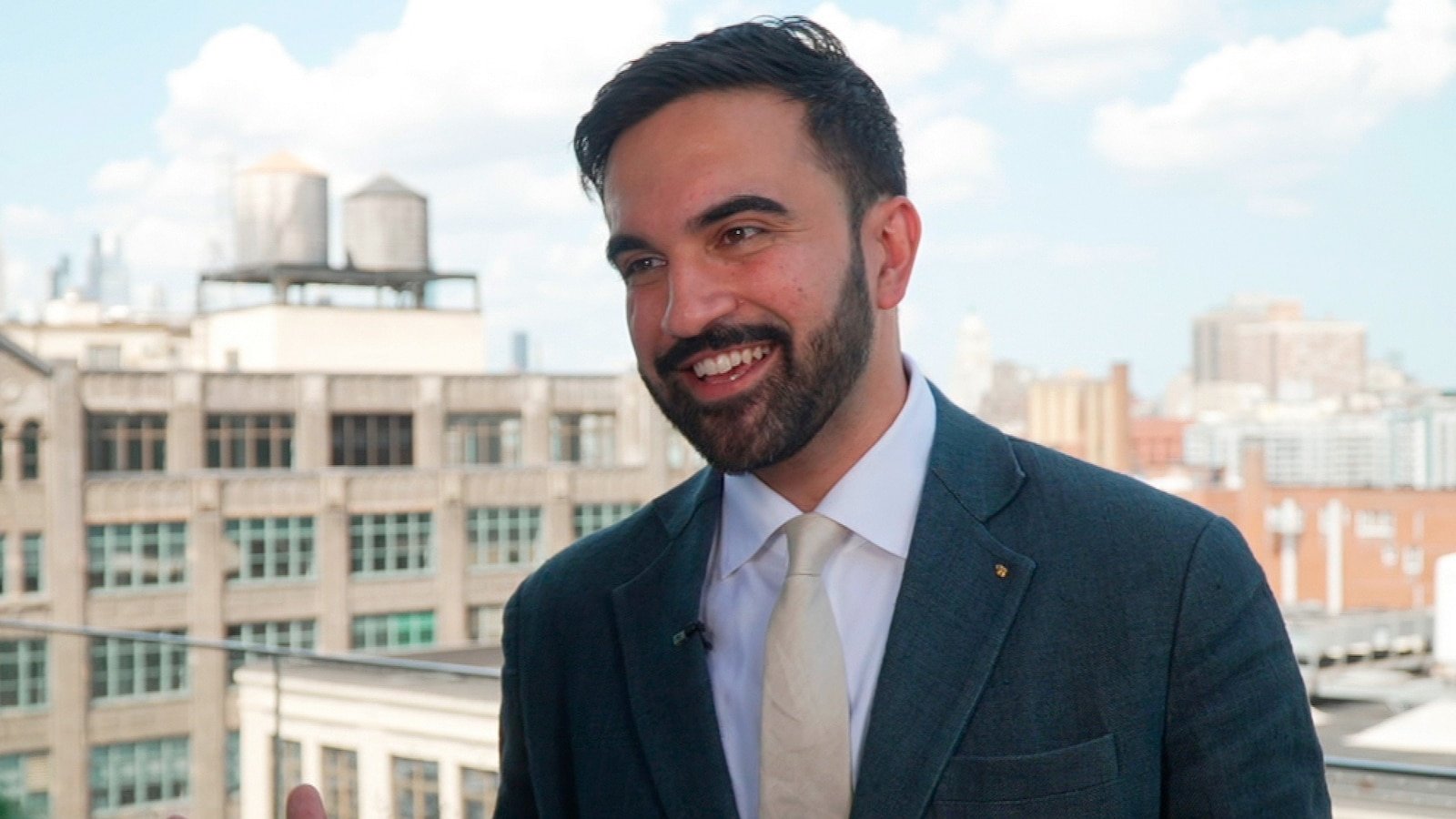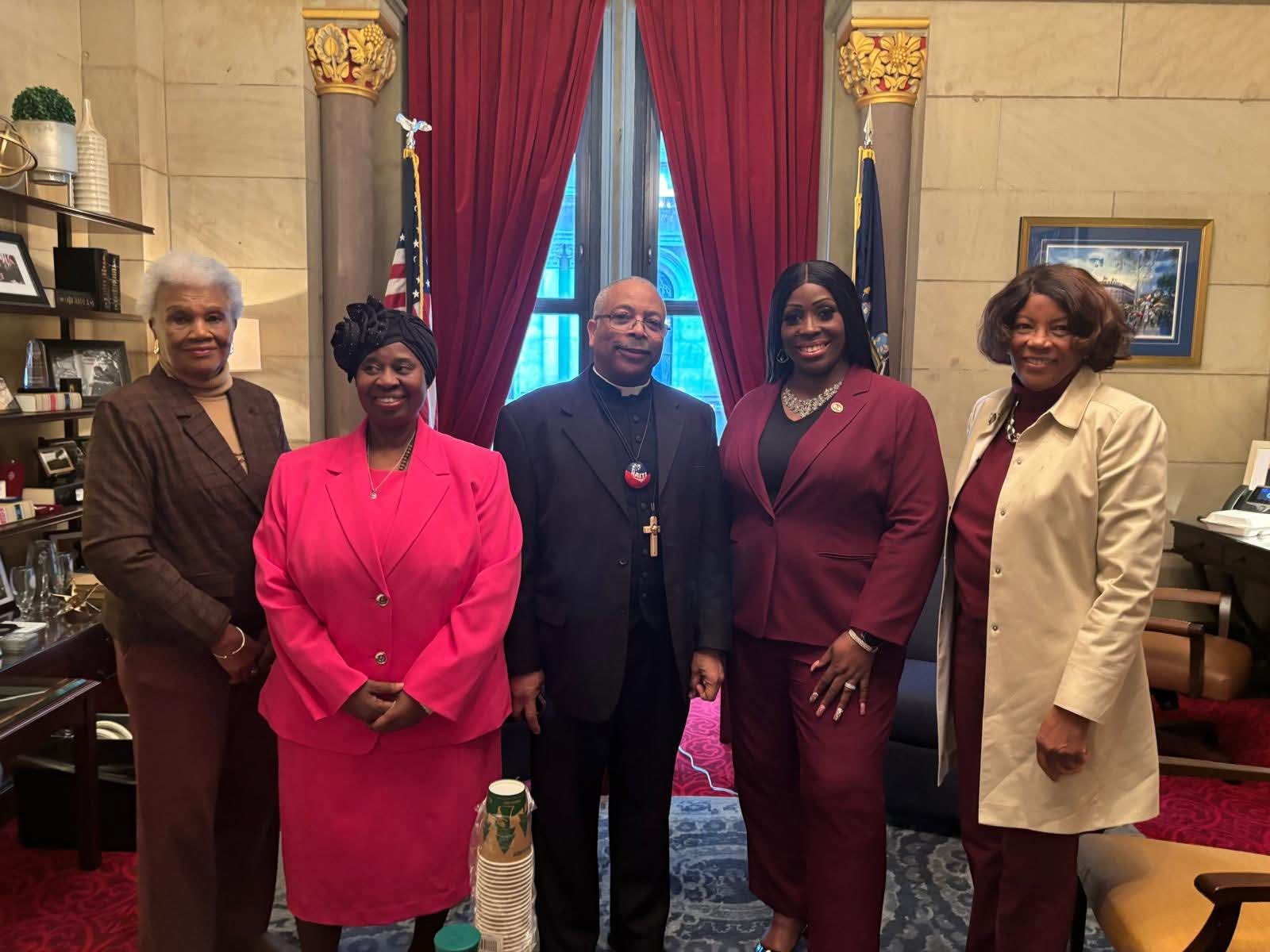
Vice President Kamala Harris has surged ahead of former President Donald Trump, riding the wave of a decisive debate performance.
According to a recent Reuters/Ipsos poll, conducted immediately after the highly anticipated debate, Harris now holds a significant lead over Trump, capturing 47% of voter support compared to Trump’s 42%.
This latest poll reflects a notable shift in the electoral landscape, as Harris’ lead has grown from a four-point advantage in August. The debate appears to have been a critical turning point, with 53% of voters who watched declaring Harris the clear winner, while only 24% sided with Trump.
This performance has evidently bolstered Harris’ standing among the electorate, as she effectively capitalized on the opportunity to challenge Trump’s fitness for office and highlight his ongoing legal troubles.
The debate, marked by its dynamic exchanges and high stakes, has further polarized public opinion. Many voters perceived Trump as unsteady during the event, with 52% describing him as having stumbled during his responses. In stark contrast, only 21% of voters felt that Harris exhibited similar unease. This perception has played into the broader narrative of the campaign, where Harris’ composure and strategic attacks have resonated with a significant segment of the voting populace.
Harris’ performance in the debate not only showcased her debating prowess but also reinforced her campaign’s thematic focus on accountability and leadership.
By directly addressing Trump’s legal challenges and questioning his suitability for the presidency, Harris has effectively shaped the discourse, appealing to voters concerned about the integrity and future direction of the nation.
As the November 5 presidential election approaches, the implications of these poll results are profound. Harris’ expanding lead highlights the shifting dynamics of the race and underscores the potential for further fluctuations as both candidates intensify their campaigns.
The debate has served as a catalyst, amplifying Harris’ message and potentially setting the stage for a more decisive electoral outcome.
In a race characterized by its intensity and unpredictability, these developments suggest a pivotal moment for Harris.
Her ability to maintain and possibly expand this lead will depend on how effectively she continues to engage with voters and address the pressing issues that define this election cycle.
As the political landscape continues to evolve, the focus will remain on how both candidates navigate the challenges ahead, with the electorate closely watching every move.








